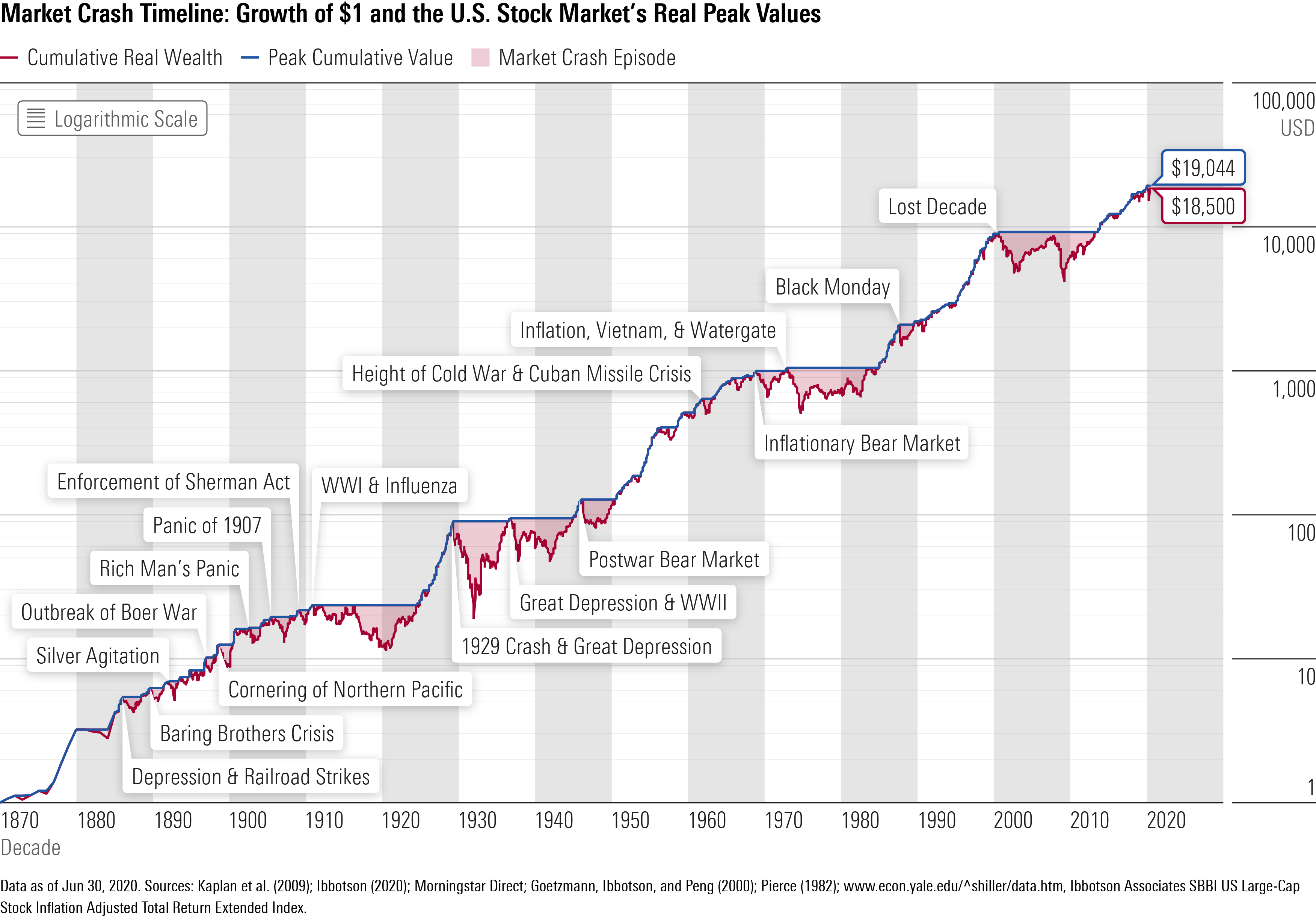Global Market Crash: A Comprehensive Analysis
Today's global market crash, driven by inflation, geopolitical tensions, and consumer confidence, underscores economic vulnerabilities.

The world witnessed a dramatic crash of the global stock market today. Such a turn of events led to a loss of billions of dollars in market value and caused panic among investors. Financial experts have referred to this crash as one of the worst financial disasters in recent decades. The combination of factors including growing inflation rates and raised global instability can be attributed to the cause of the crash.
Main Factors Leading to the Crash
The crash of the stock market was not caused by one specific factor but the combination of various ones:
- Inflation concerns: high inflation over a long period makes people’s money worthless, and they are worried about the further instability of the economic situation.
- Geopolitical tensions: the constant disturbance of trade and investment flow with particular regions because of ongoing battles and other political issues cause more volatility on the market.
- Consumer confidence: a drop of over 25% indicates recent market instability which presumably led to changes in consumer and investor behavior.
Immediate Reactions and Advice
Financial experts are following the crash’s effects while reminding investors to stay calm and try not to worsen the situation by making sudden and irrational decisions. They advise strategic evaluation of the conditions and delicate navigation through the storm.
Potential Implications and Future Scenarios
The global market crash might potentially have several long-term negative implications for the world economy:
- Economic slowdown: it can cause a decrease in the pace of economic growth and development. The employment rate will be affected, and consumer spending and business investments might also suffer.
- Policy adjustments: governments, and central banks might have to reevaluate their strategies and consider using further stabilization policies or stimuli to reduce the situation’s effects.
- Investors’ demand: because of high market volatilities investors might shift their preferences and demand less risky investments.
Alternative Perspectives
At the same time, the loss of billions of dollars on the market caused panic among investors, and many of them suffered significant losses. The previously overestimated share prices lost value, and this situation might also be beneficial for long-term investors who can buy them while prices are low. Some opportunities for market correction should not be considered as incredibly valuable and useful ones causing equal benefits for every participant.
Community and Market Response
At this moment, investors on the market react to the crash differently, but the strongest response is fear accompanied with the desire to diversify portfolios and reduce potential losses. The level of uncertainty is high, and the market thinks about the further drop or a potential rebound. Financial discussions are full of views and comments underlining the necessity to stay cool and evaluate the current conditions strategically.
Summary
Today’s market crash is an excellent lesson for all investors about the global market’s complexities and vulnerabilities. Everyone has to evaluate carefully the current situation and try not to worsen the conditions. In one way or another, different factors and alternatives can be possible, but every event will affect the future market conditions.





